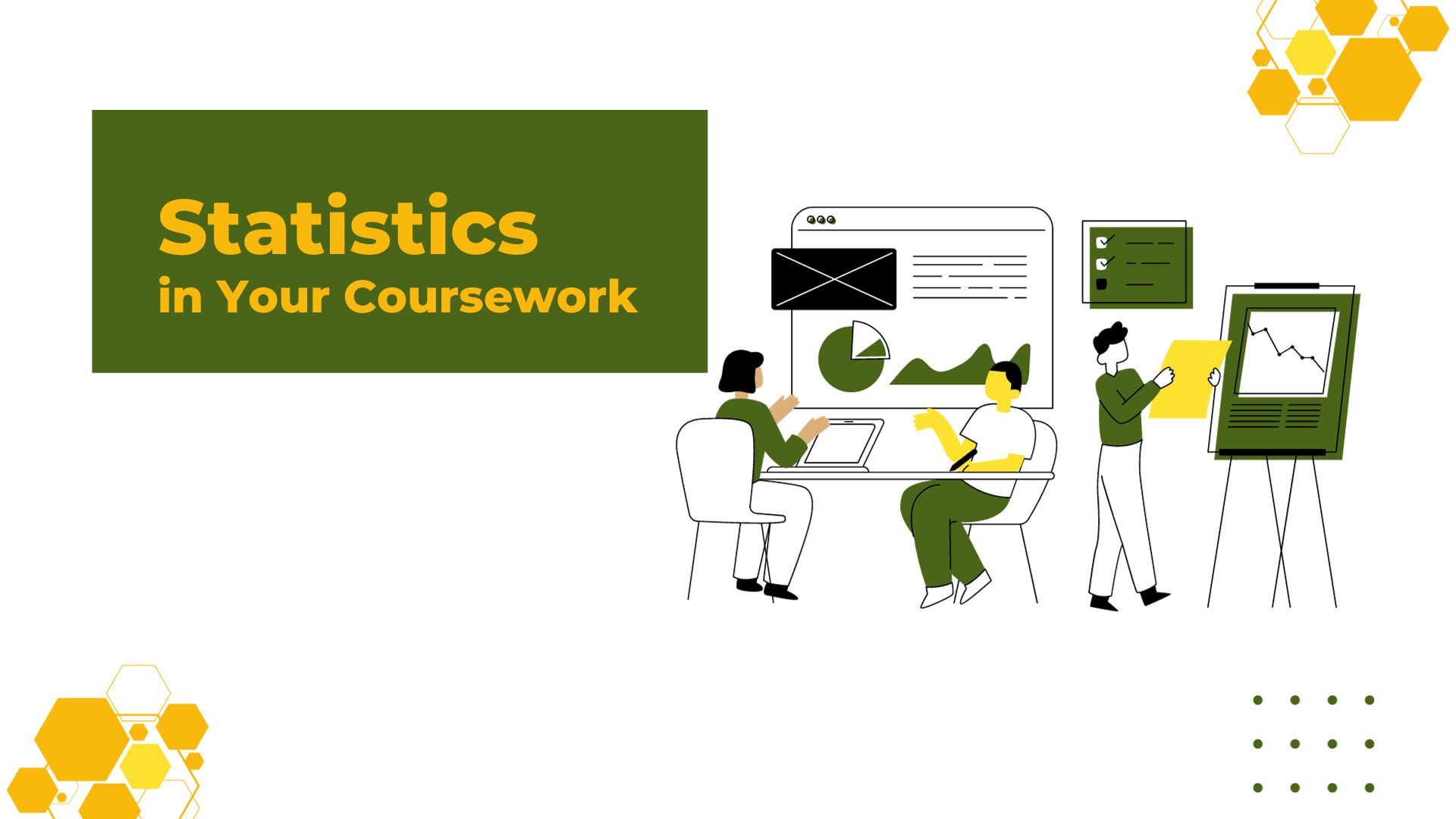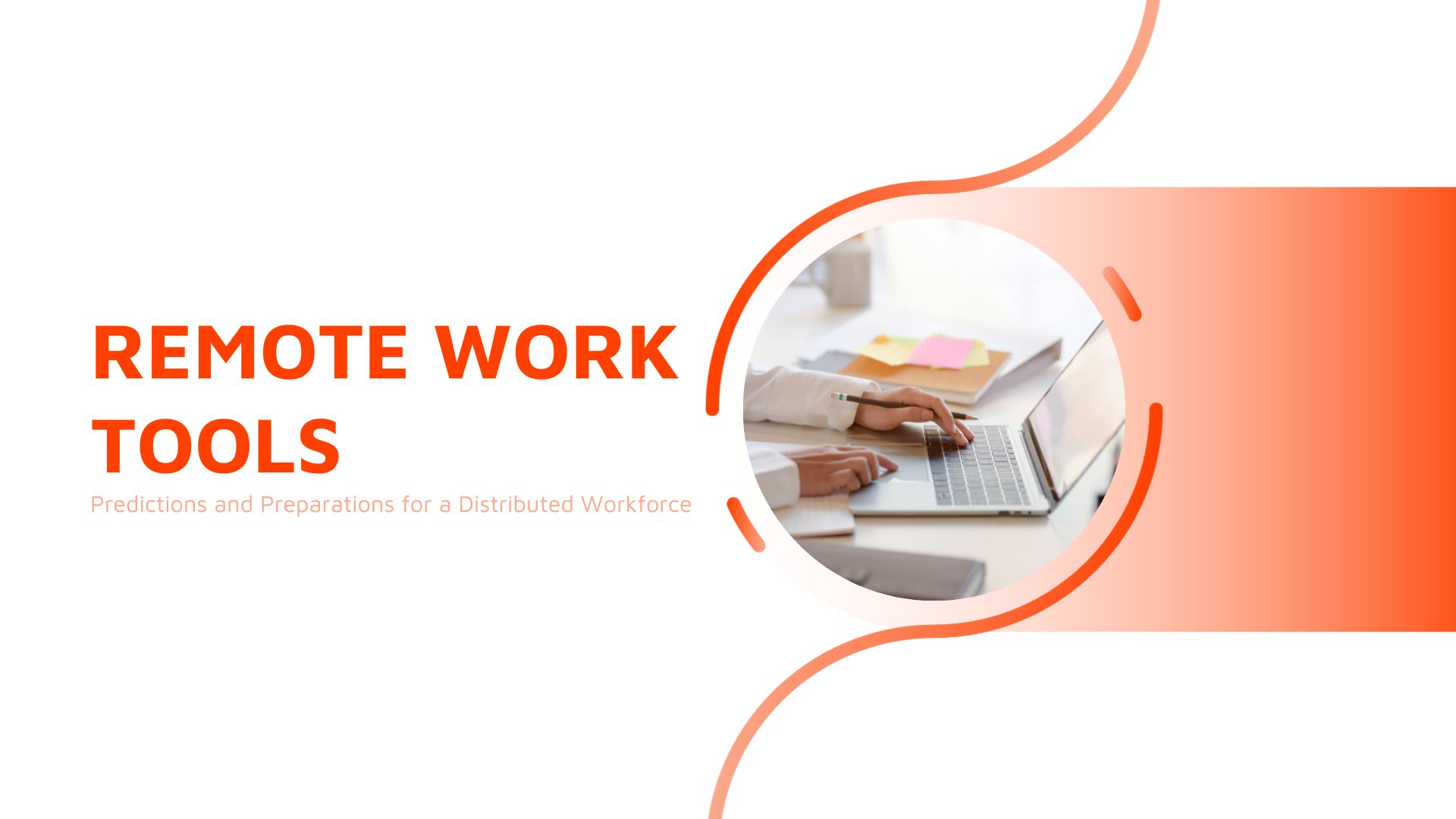Unleashing the Power of Statistics in Your Coursework

Statistics, often seen as a challenging subject. It is more than just numbers. This science is a game-changer in writing coursework. In this guide, we'll explore how statistics can be a trusted ally in your academic journey. It helps you build a solid foundation. These data make informed decisions and conduct impactful research for your education.
Building a Strong Foundation
Understanding statistics starts with simple steps:
- Jotting down concepts,
- Noting formulas,
- Preparing from course materials.
This forms the groundwork. It is making your coursework more manageable.
Tracking Progress Effectively
Statistics isn't just a field dominated by numbers and data. It's a vital tool for evaluating and enhancing your academic performance. It serves as a prism through which students can track their development. For many of them, the hardest part of the coursework is usually differentiating the main from the minor components. Additionally, learners may find it challenging to efficiently organize and manage their time. It's hard to manage your study time. Also, statistical data are frightening with the complexity of statistical concepts and methodologies. Understanding and applying statistical principles requires additional effort and resources. As a result, students seek additional support or resources. The ability to navigate the complexities of statistics requires a learning process. And this skill becomes decisive for successful coursework results. In such situations, seeking professional assistance from a Papersowl can be a game-changer. Having experience with statistics a coursework writing service can significantly help students in managing their performance. This guidance is particularly crucial for busy learners. It helps to achieve success. The power of statistics gives a deeper insight into academic performance. Papersowl enables them to make informed decisions. This educational service builds strategies for the studies. Understanding and applying statistical principles can transform the way students approach their coursework. It is leading to more meaningful and impactful educational experiences.
Presenting and Interpreting Data
Statistics helps you make sense of data. This is a vital skill for research papers, performance analysis, and creating reports in your coursework.
Problem Solving and Decision Making
Statistics gives you problem-solving abilities in addition to computation skills. You'll learn how to make decisions based on data analysis. It is a valuable asset in coursework.
Extracting Information with Quantitative Reasoning
Statistics provides tools for intelligent data extraction. This skill is essential for understanding information in a quantitative way. Extracting data is a key aspect of coursework.
Here's a table summarizing the key roles of statistics in research:
| Role of Statistics in Research | Description |
| Designing Studies and Extrapolating Findings | Statistics allows researchers to design studies for extrapolation to larger populations. It is crucial for drawing conclusions about populations based on samples. |
| Performing Hypothesis Tests | Enables researchers to perform hypothesis tests. It is used to validate claims about new drugs, procedures, manufacturing methods, etc., aiding in making decisions based on empirical evidence. |
| Creating Confidence Intervals | Statistics help to create confidence intervals. It is offering a measure of reliability around population estimates. it is enhancing the credibility and robustness of research findings. |
| Communicating Research Findings | Statistical methods are used to communicate research findings, lending credibility to methodology and conclusions. It is ensuring the validity and reliability of research outcomes. |
| Data Collection and Analysis | Crucial for collecting, organizing, analyzing, and presenting quantitative data. It is allowing researchers to draw meaningful interpretations and make informed conclusions. |
| Generalizing from Study Samples to Target Populations | Utilized to generalize evidence from study samples to target populations. it is facilitating broader inferences and conclusions in research. |
Effective Research Techniques
Statistics enhances your ability to conduct research effectively. It broadens your understanding, provides current information. Research Techniques equip you to make informed decisions.
Here are some important things to do for researchers:
- Reliability and Validity
Researchers check if their statistics are consistent and accurate. It's like making sure the results stay the same over time and with different people.
- Good Measurement
They use good tools to measure things. It's like using the right ruler to measure how tall you are.
- Checking Data
Before doing the math, researchers make sure that the information they have is correct. They look for anything strange or not right.
- Learning and Skills
Researchers know how to do the math well. They learn and practice so they can do a good job.They know what coursework is.
- Planning Well
They think carefully about how to do their study. It's like planning a game to make sure everything is fair.
- Good Math
Researchers use math in a way that makes sense. It helps them be sure their answers are right.
These things help researchers make sure their numbers are correct and that what they find out is reliable and can be trusted.
Budgeting and Price Comparison
In your coursework, statistics can be practical. You can use it for budgeting and comparing prices of goods and services over time.
Conclusion
Statistics isn't just about crunching numbers. It's a tool that can significantly boost your coursework performance. From problem-solving to effective research and decision-making. The science of statistics empowers you to excel in your academic journey.

Wayne Kernochan has been an IT industry analyst and auther for over 15 years. He has been focusing on the most important information-related technologies as well as ways to measure their effectiveness over that period. He also has extensive research on the SMB, Big Data, BI, databases, development tools and data virtualization solutions. Wayne is a regular speaker at webinars and is a writer for many publications.


